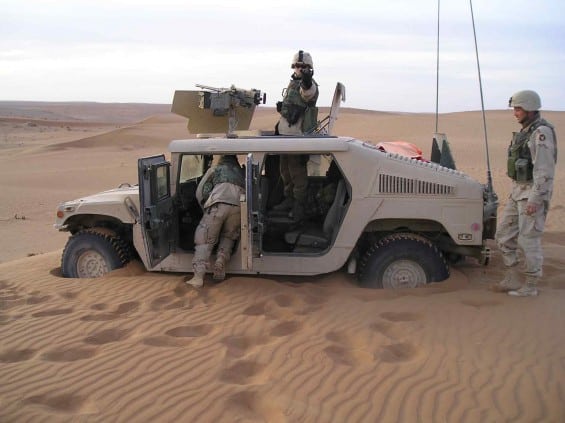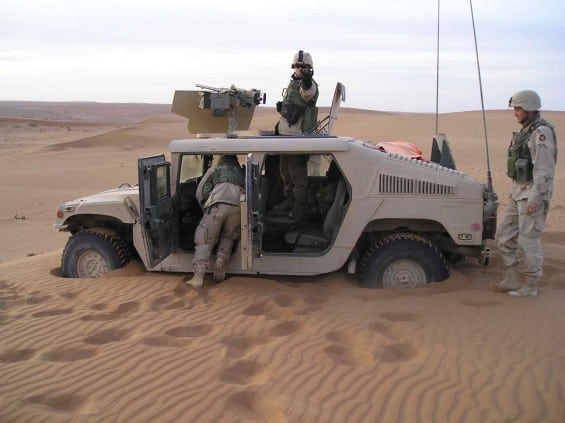
In the days leading up to the Congressional vote on whether to go to war in Iraq years ago, Fortune Magazine had an article headlined “We Win – What Then?”
The article said a prolonged war in Iraq would make American soldiers “sitting ducks for Islamic terrorists.”
Another national magazine at that time, U.S. News and World Report, had an article headlined, “Why the Rush to War?”
Now that war has been frequently referred to as possibly the greatest foreign policy mistake in US History.
The night before the Iraq war vote, a television station in Knoxville had a poll showing 74 percent in favor of the war, 9 percent against, and 17 percent undecided. I was one of six Republicans who voted against going to war, and for three or four years, that certainly was the most unpopular vote I ever cast. But slowly, slowly, slowly, it became my most popular vote.
We were basically conned into that war by a group called Neo-Cons, so-called neoconservatives, who George Will once described as being “magnificently misnamed” because they were really the “most radical people in this City,” meaning Washington.
In addition to our disaster in Iraq, we have now been at war in Afghanistan for 17 years, seemingly permanent, forever wars that have cost us trillions of dollars and caused many thousands of Americans to be killed or maimed.
What a waste.
President Reagan once said we should never go to war unless there were no other reasonable alternatives and then only as a very last resort.
We have had too many leaders who never went to war themselves, such as the new National Security Advisor, John Bolton, who seem far too eager for others to go to war so these chicken-hawks can feel more important or think of themselves as modern day Winston Churchills.
Now we seem to be rushing into another war in Syria. I am thankful that conservatives like Tucker Carlson and Pat Buchanan are questioning this new rush to war.
At some point, with a $21 trillion national debt, we have to realize there are limits to American power.
Civil wars and really terrible things are happening all over the world – in Africa – in the Middle East – and other places all the time.
As President Kennedy said in one of his most famous speeches at the University of Washington, with only four percent of the world’s population, “we cannot right every wrong or reverse each adversity – and that therefore there cannot be an American solution to every world problem.”
Most of the time, a military solution is the worst solution. There are many other ways we can help people who have been harmed through humanitarian, religious, or charitable organizations, or through the United Nations.
As Pat Buchanan wrote, President Trump is being “goaded into war,” and that Congress should “debate our objectives in this new war and how many new casualties and years will be required to defeat the coalition of Syria, Russia, Hezbollah, Iran, and the allied Shiite militias from the Near East.”
Tucker Carlson said we need to ask some skeptical questions now at least in part because Secretary Mattis said in February that we have absolutely no proof that Assad used the chemical weapons he was accused of using last year.
He added there is no real proof Assad did the chemical attacks this time because such an attack would really help only the rebels fighting Assad, and they also have chemical weapons, rebels who have been described as Islamic terrorists but who we are supporting. Mr. Carlson pointed out that Assad had no reason or incentive to use chemical weapons in a civil war his government had basically already won.
President Trump was elected in large part because he promised to get us out of these unnecessary wars in the Middle East.
Almost everything we have done in the Middle East over the last many years has been wrong. There has been fighting going on there for several thousand years.
Throughout history, other wars have been started over incidents or information that turned out to be false or greatly exaggerated.
We do not need nor can we afford to get into another trillion dollar war in the Middle East without first making sure it is absolutely in America’s interest to do so and that it will not make the Middle East even more messed up and chaotic than it already is.
Rep. Duncan (R-TN) is a Member of the Ron Paul Institute Advisory Board.


